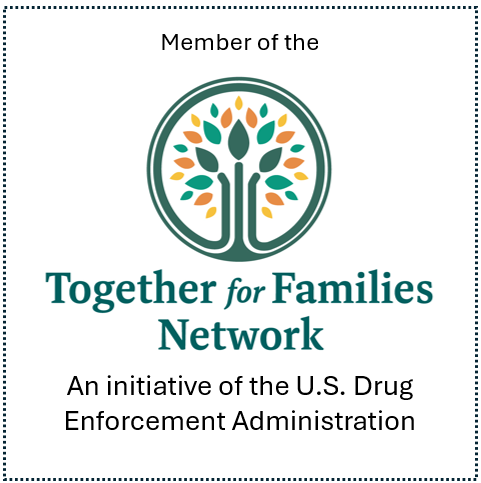Advice on Navigating the Teenage Years
Ask the Experts | Dr. Alexander Riegel
As the mother of a 15-year-old boy, I’m concerned about some of my son’s behaviors and the day-to-day stress he feels. Do you have any advice that might help us navigate the teenage years?
A: This is a great question that a lot of parents have but don’t know how, or whom, to ask. Indeed, as the father of a young man (now 20 years old) I recently had to navigate these same struggles. This drove me into an in-depth study of brain development, which in turn drove me into a study of teenage culture. What I realized is that there is a significant mismatch between the teenage brain and the teenage culture our young people must navigate.
In sum, the teenage brain is still in development and lacks a fully functional prefrontal cortex, which is, in general terms, the mechanism by which self-management is possible. At the same time, the teenage brain is highly susceptible to emotional reactions. (In an adult, these two areas of the brain exist in a mutually regulatory relationship.) Couple this still-developing teenage brain with teenage culture, which includes everything from unsupervised 24/7 access to the digital world and everything that that world contains (from violence to pornography) to intense, daily, peer scrutiny, and is not hard to understand why our youth have such difficulty managing life in the modern world. Hence, the alarming rates of anxiety, depression, drug use, and suicide.
All is not lost, however! With a greater understanding of brain development, regarding which we are making leaps and bounds in the last 15 to 20 years, and a determination on the part of adults to take more responsibility for creating the environment our teenagers face, we have the ability to overcome the mismatch between the teenage brain and teenage culture. Even further, we have greater tools at our disposal by which we can create better educational strategies and a healthier teenage cultural that supports their maturation.
All of this said, I would be remiss not to give you at least a starting point for educating yourself about these matters, which in turn will help you and your son navigate these teenage years. I think the most accessible writer on the topic is Dr. Dan Siegel. I particularly recommend the following two books: “The Whole-Brain Child: 12 Revolutionary Strategies to Nurture Your Child’s Developing Mind, Survive Everyday Parenting Struggles, and Help Your Family Thrive,” and especially, “The Developing Mind:
How Relationships and the Brain Interact to Shape Who We Are.”
As a final note, I want to share that once I came to understand the teenage brain, that it is mismatched with teenage culture, and the symptoms this creates in our youth, I altered my parenting style accordingly. This changed the dynamic between my son and me, which in turn made it possible for me to mentor him more effectively through these years. As a testimony to how much this knowledge helped us both, before going away to college my son announced that I was his favorite person in the world. I can live with that!
Dr. Riegel has 30+ years’ experience in ministry. He holds a M.Div. and Th.M from Harvard Divinity School, and a D.Min from Andover-Newton Theological School. He is certified in the enneagram, Mediation, Conflict Resolution, and is trained in Organizational Communication.






